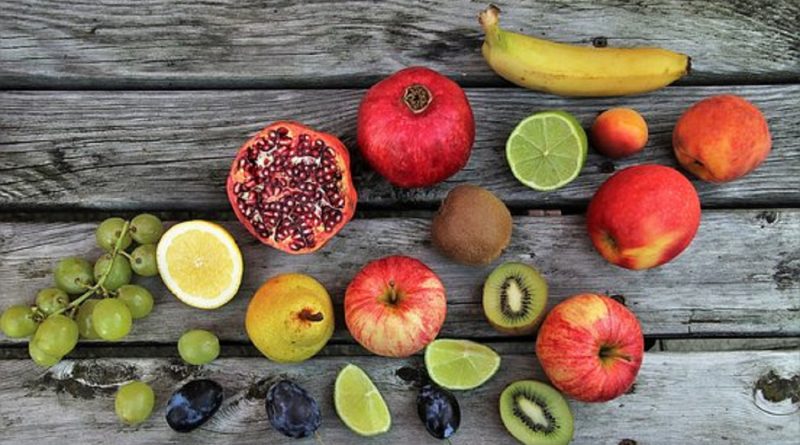Healthy Eating Tips for Those Living Alone
Cooking and eating have traditionally been communal and social experiences. Nowadays, with an increasing number of people living alone and the abundance of convenience foods, it’s no surprise that our nutrition suffers. It’s often easier to skip meals, eat junk food or rely on ready-meals when you don’t know what to eat when you’re alone.
One review found that people living and eating alone at home are at higher risk of having a less-varied diet and consuming fewer fruits and vegetables.
6 Tips for Healthy Eating When Living Alone
Maintaining a healthy diet when living and eating alone can be a challenge, particularly for the elderly, busy professionals and college students. We compiled 6 tips for how to eat on your own that will improve your nutrition and help you eat well.
1. Be Prepared and Organised
There is nothing worse than coming home and having no idea what to eat and no supplies available for a healthy meal.
Planning your meals for the week ahead and going shopping with a list – and sticking to it – can be a huge help. It may stop you buying unhealthy options and stocking up on food that will go bad before you can use it.
Keep your pantry and fridge organized so that you always know what healthy foods you have to put together a snack or meal. This encourages healthy eating and saves you time and money. Some healthy staples include chopped vegetables, fruit, nuts, nut butters, yogurt, hummus, brown rice, quinoa, wholemeal wraps, tinned chickpeas, tinned lentils and eggs.
2. Don’t Skip Breakfast
It can be tempting not to eat in the morning if you live alone and don’t need to prepare food for anyone else. Unfortunately, skipping this meal may result ineating fewer nutrients overall and struggling with fatigue and poor focus during the day.
If you’re short on time in the morning, prepare something the night before like overnight oats or boiled eggs. Other easy and nutritious breakfast options include a smoothie, instant oats and Greek yogurt with fruit and nuts.
3. Learn to Cook Easy Balanced Meals
People who eat meals at home have a healthier diet and are at lower risk of obesity, heart disease and type-2 diabetes. Learning to cook can go a long way to reduce restaurant and convenience meals and help you create healthy, cheap meals living alone.
Roast chicken, grilled fish, stir-fried vegetables, whole grain salads, vegetable soup and omelettes are a few simple foods that will help you to create healthy meals you can live on alone.
4. Store Leftovers
One of the best tips for cooking when living alone is to make more than you need and store the leftovers in the fridge and freezer for easy meals and snacks. You can also use leftovers in a different way to keep things interesting. For example, stir-fried vegetables can be defrosted and used as a filling for a wrap.
5. Buy Frozen
Frozen whole foods are a convenient and economical way for single people to create healthy meals living alone. You don’t need to worry about the items going bad, and will have easy access to fruit and vegetables.
Research has shown that frozen produce is no less nutritious than fresh and in some cases may actually have higher levels of nutrients. We also know that, when compared to those who do not eat frozen produce, people who consume frozen fruit and vegetables actually consume more fruit and vegetables overall and have a significantly higher intake of important dietary nutrients.
6. Diversify Your Diet
It’s easy to stick to the same meals when you live alone. However, having a diverse wholefood diet increases our intake of different micro-nutrients, fatty acids and antioxidants and has a beneficial effect on our gut flora – the healthy bacteria in our body.
Be mindful of broadening your diet. Try new foods and cook with as many different vegetables as you can each week. An easy way to increase the diversity in your diet is to make mixed vegetable stir-fries and soups that can be frozen for use later on.
Importance of Mindful Eating
People who live alone are more likely to wolf down their food in front of the TV or while distracted by smartphones because they aren’t confined to mealtime rituals. In this case, it’s especially important to avoid distractions and focus on mindful eating as this may improve portion control, digestion and nutrient absorption.
Conclusion
The key to healthy eating when living alone is to implement planning, preparation and routines, and viewing home cooking as a valuable tool for good health.




